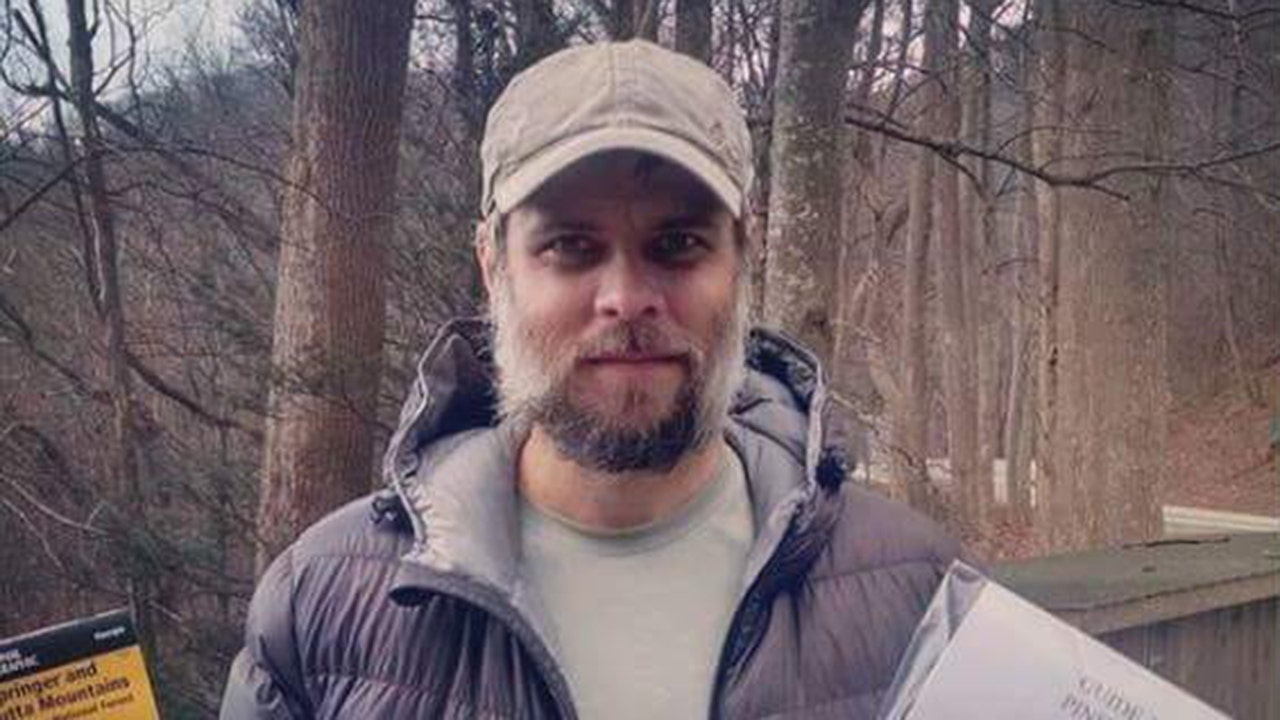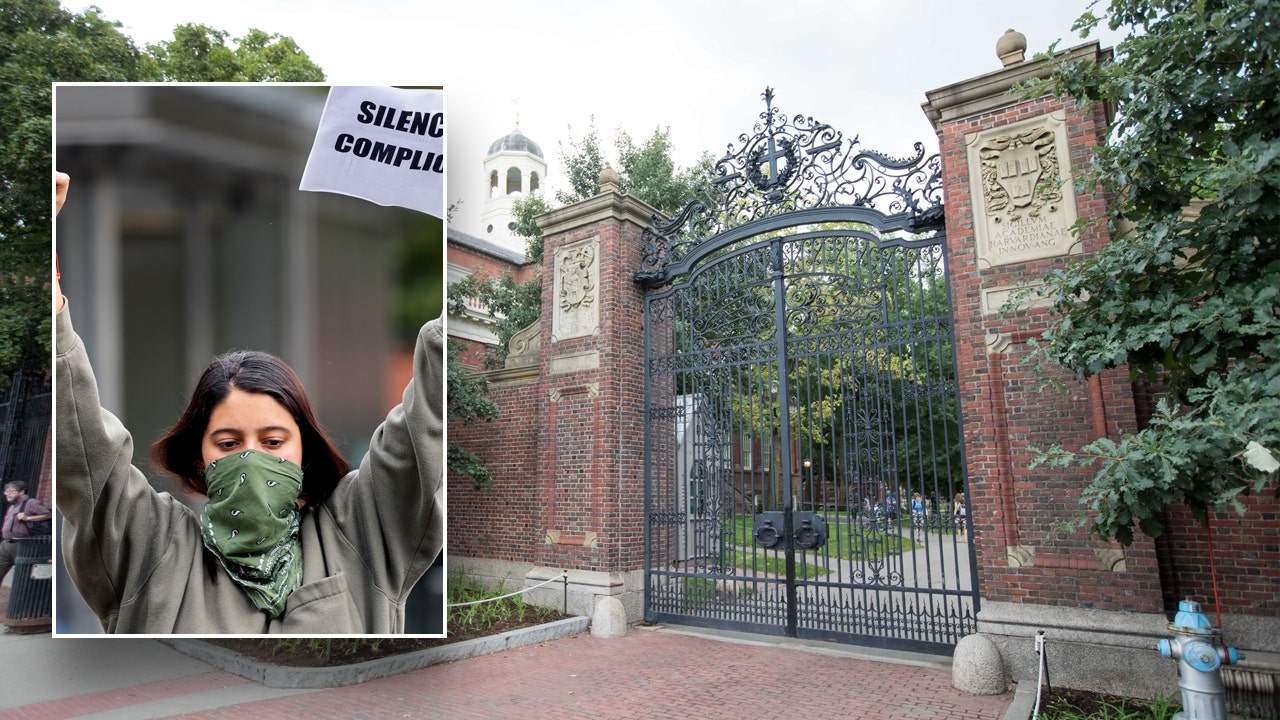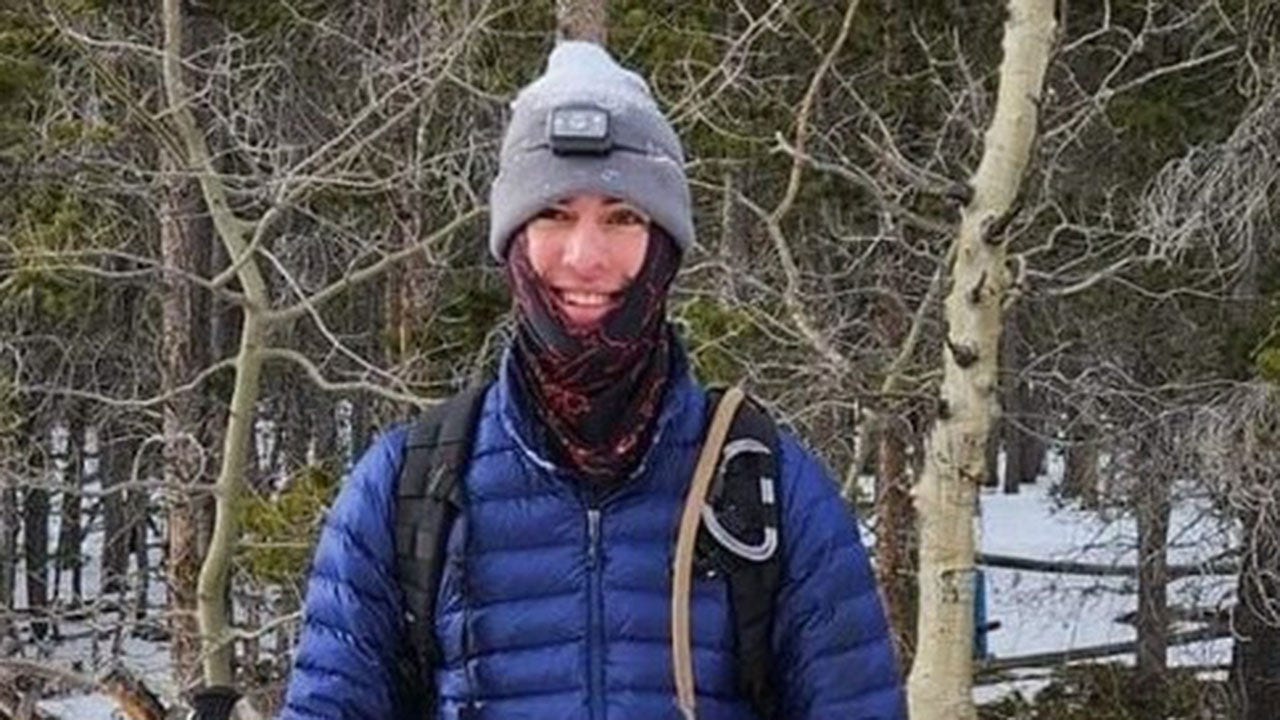This story discusses suicide. If you or someone you know is having thoughts of suicide, please contact the Suicide & Crisis Lifeline at 988 or 1-800-273-TALK (8255).
In 2018, the emaciated body of an unidentified man was found in the Florida wilderness, creating a mystery that lasted nearly three years.
The case of Vance John Rodriguez, known as “Mostly Harmless” by the hiking community, is being examined in a new Max documentary, “They Called Him Mostly Harmless,” by Emmy Award-winning director Patricia Gillespie.
“This mystery holds a bigger story,” Gillespie told Fox News Digital. “It’s about how we live our lives online and the mythmaking that happens in the digital space. It wasn’t just about Mostly Harmless, it was also about the community, the hiking community, that came together to find him. And I think a lot of that generosity gets overlooked online — people who are willing to donate their time to try and help bring answers to somebody’s family.”
OHIO MOTHER BURNED ALIVE BY EX-BOYFRIEND TESTIFIED AT HER OWN MURDER TRIAL, DOC REVEALS: ‘PURE EVIL’

The case of Van Rodriguez, known as “Denim” and “Mostly Harmless” by the hiking community, is being examined in a new documentary on Max, “They Called Him Mostly Harmless.” (Max)
Hiker Brandon Dowell met Rodriguez, who also went by “Denim” for wearing jeans, eight months before Rodriguez died. The two men met in Georgia.
“I thought I was going to be camping by myself that night,” Dowell told Fox News Digital. “I looked up, and I saw this fellow, this scraggly guy, come marching out of the woods. My first impression was, ‘Man, this guy looks like he’s been out for a long time.’ You can see the wear and tear on his backpack. He looked tired and worn out.”
The pair quickly bonded over everything — tough childhoods, their fathers, girlfriends and being discouraged by society. But when it came time to part ways the following day, Rodriguez, 42, declined to stay in touch.
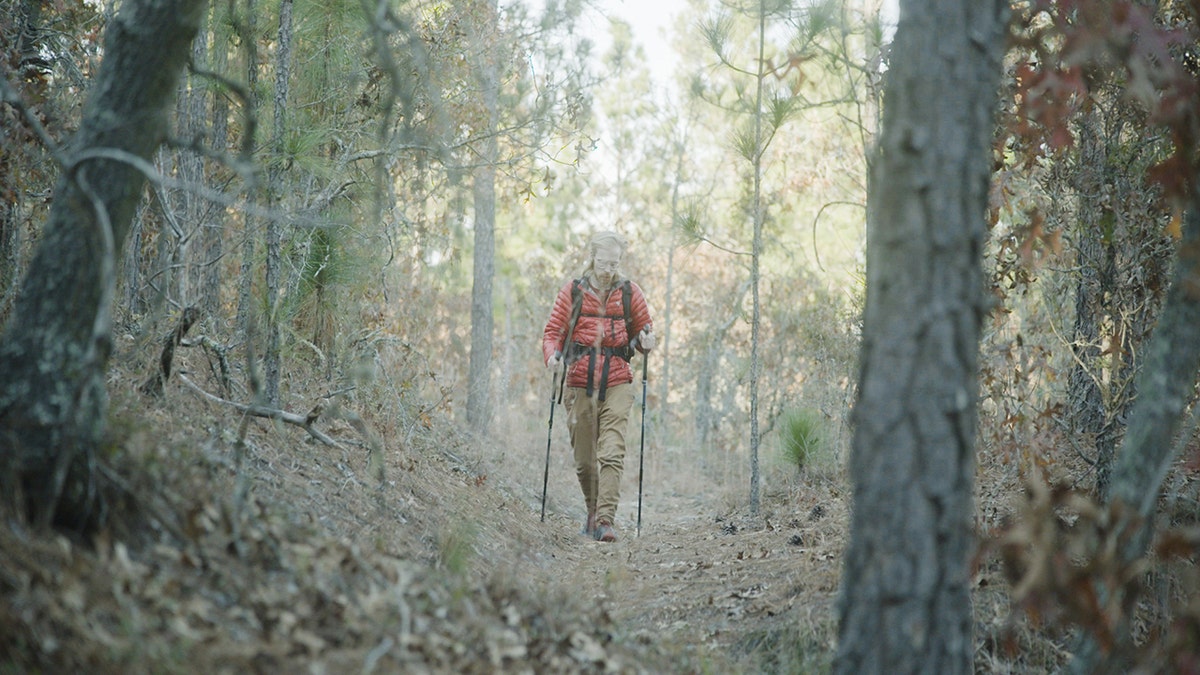
Brandon Dowell, a fellow hiker of the Appalachian trail, encountered Vance Rodriguez eight months before Rodriguez died. (Max)
“I remember asking him, ‘Are you sure you don’t want to exchange emails or something?’” Dowell recalled. “He just shook his head no. He looked really sad about it. We shook hands and that was it. It was tough. You want to hang onto that connection, but that’s just how it is on the trail. Maybe you’ll see him again later, maybe not. It’s cool. You’ll meet new people that same day and it’ll be fine. But it was weird. I wanted to keep in touch.”
When news later broke that a corpse had been found inside a yellow tent, Dowell didn’t think much of it. The body was found with no wallet, phone or ID. There was an abdominal scar, but no distinguishing tattoos.
Investigators discovered $3,500 in cash, notebooks scribbled with computer codes and plenty of food supplies. The deceased man weighed just 83 pounds, and his DNA, along with his fingerprints, didn’t yield any results from any databases. No loved ones called for a missing relative.
FOLLOW THE FOX TRUE CRIME TEAM ON X
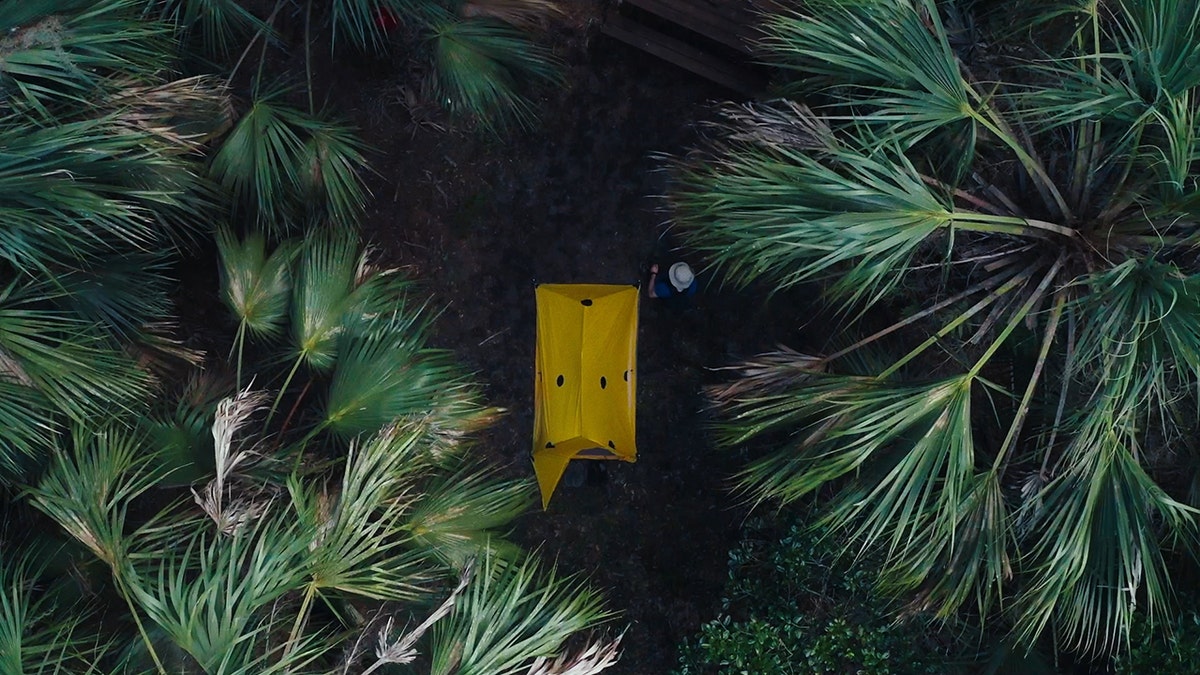
Vance Rodriguez was found dead inside a yellow tent in the middle of the Florida wilderness. (Max)
Once the hiker’s photo was circulated, many came forward with stories of meeting the stranger along the Appalachian Trail. Some recalled his unusually large backpack, chubby cheeks and friendly demeanor.
He appeared mostly harmless.
Investigators were stumped. But thousands of internet sleuths marched forward. Many amateur detectives took to a Facebook group dedicated to identifying the deceased hiker.
“I am 1000% positive that they were helpful,” Gillespie explained. “I don’t think the resources existed to solve this case without them. I think a lot of the problems that we talk about in the sleuth community are internet problems. I think there are problems in how we as people deal with each other online. … We do make a lot of assumptions about each other on the internet and social media in particular. Anything in that environment leads to and creates an outrage machine.”
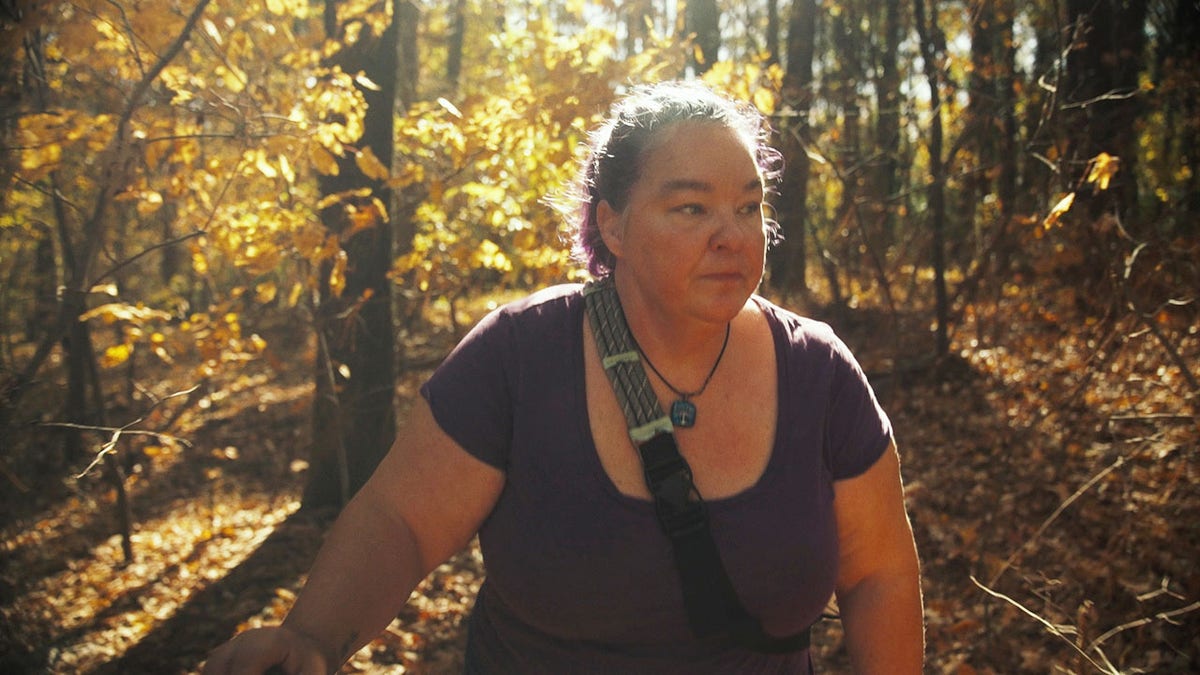
Natasha Teasley, an outdoor enthusiast and internet sleuth, was among those eager to identify the deceased mystery man. (Max)
The frenzy to identify the unknown hiker reached a fever pitch with the discovery of Ben Reynolds. He created an online journal where he detailed how hiking helped him cope with his cancer diagnosis. Numerous cybersleuths were so convinced that he was the hiker in question that his family became the focus of harassment.
But it was Christie Harris, a Virginia-based delivery woman who had always dreamed of being an FBI agent, who received a tip. It finally put a name to a face. The man, “Mostly Harmless,” was also Rodriguez, a Baton Rouge native. His identity was confirmed by police in 2021.
When word got out about Rodriguez’s identity, so did his past. The documentary alleged that Rodriguez was a loner who struggled with his mental health and played computer games for hours. He became increasingly obsessed with coding. Several ex-girlfriends claimed he was emotionally and physically abusive, while others noted he isolated himself from his family.
SIGN UP TO GET TRUE CRIME NEWSLETTER
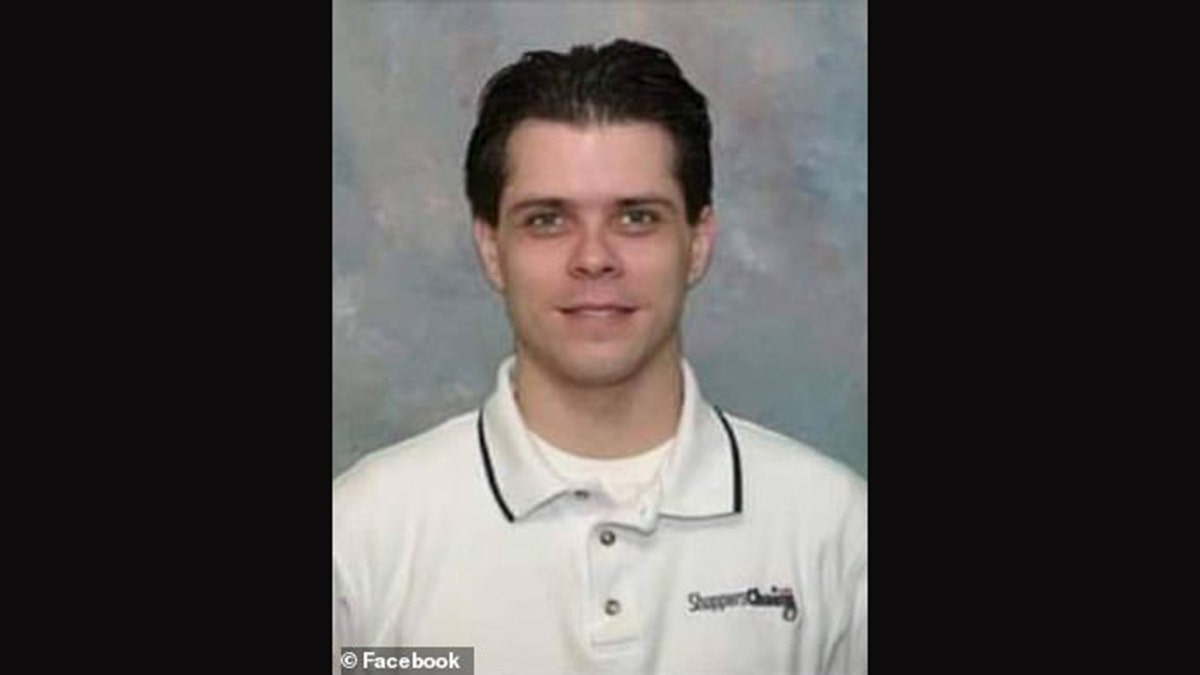
Vance Rodriguez’s past left many in the hiking community shaken. (Collier County Sheriff’s Office)
According to Wired.com, Rodriguez intended to kill himself when he was 15. After firing a gun into his stomach, he decided to live and raised his hand as a truck drove by. He was saved and was left with a surgical scar on his abdomen.
In 2017, Rodriguez abandoned his passport, wallet and credit cards in his New York City apartment. From there, he spent the next 15 months in the woods. Along the Appalachian trail, he encountered several hikers who described him as warm and friendly with kind eyes.
“[This story] was one of the challenges I wanted to take on,” Gillespie explained. “How can somebody who the internet sees one way turn out to be somebody so utterly different? People like Brandon met him in real life and saw him in an incredibly positive light. And it turned out he did some pretty not-so-great things in life. There’s this tendency, especially in the digital space, to see things in black and white, to see people as good or bad. The reality is, people can be both.”
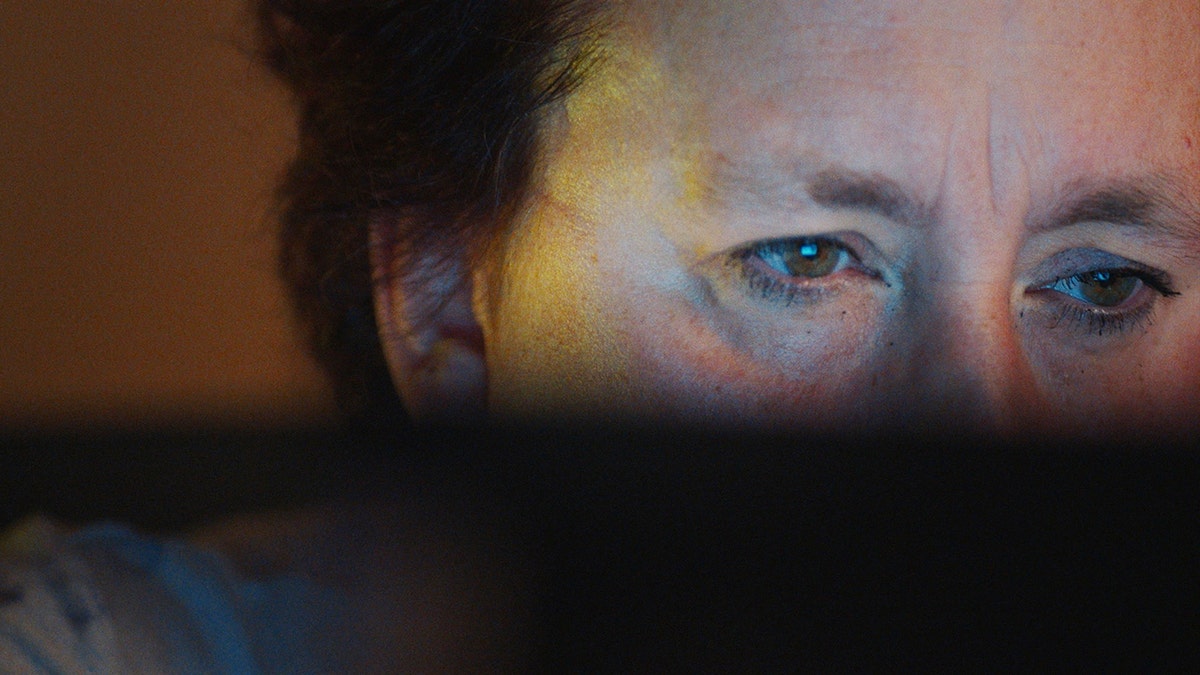
“Citizen detective” Christie Harris was given a tip that ultimately led to Vance Rodriguez’s identity. (Max)
Gillespie noted that her team reached out to Rodriguez’s family. They declined to participate.
FLORIDA LAW ALLOWING RESIDENTS TO STAND THEIR GROUND AGAINST ‘CRACK BEARS’ IS ONE STEP CLOSER TO REALITY
“They’ve been forced into the public arena because this case became a massive phenomenon on the internet,” she said. “When Mostly Harmless got pushed into the public eye, that also pushed his family into the public eye as well. That happened long before I came on the scene. I do respect his family’s decision to not want to come forward and be publicly associated with that. I try really hard as a filmmaker not to pressure people to tell their story, but to empower people to feel ready to tell their story.”
In the film, Dowell noted that there are “a lot of hurt people on the trail.”
GET REAL-TIME UPDATES DIRECTLY ON THE TRUE CRIME HUB
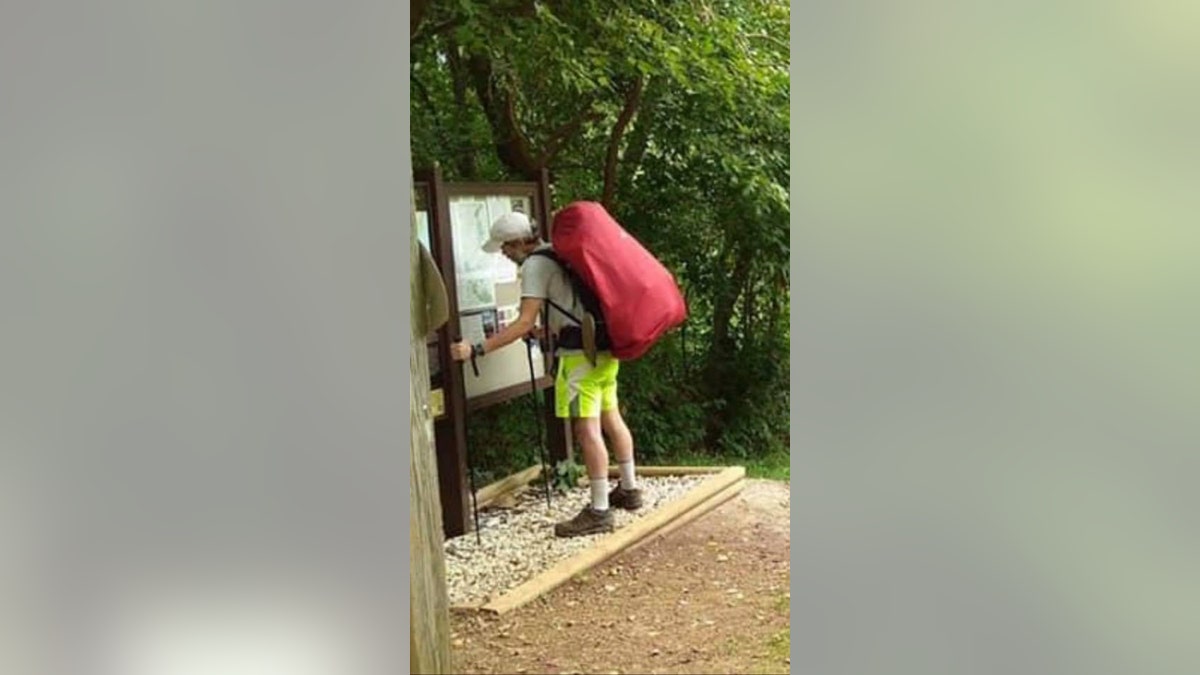
Vance Rodriguez’s unusually large red backpack caught the attention of many on the trail. (Collier County Sheriffs Office)
“A lot of people are in periods of transition,” he explained. “It can be divorce, it can be losing a loved one. It’s a big life event that puts them in a state where they need to get away. They need to go and figure stuff out. So, there are a lot of people on the trail like that. It takes a big event in your life to push you to the point where you’re like, ‘I need to go spend six months walking in the woods, not shower daily and be grubby.’ It can, of course, be a love of adventure, but not always. For me, the trail was the place to really figure out my life. It was a mental reset.”
Gillespie said it took so long to finally identify Rodriguez because “he didn’t want to be found.” Those who knew Rodriguez confirmed that sentiment.
Dowell admitted he struggled to unmask the “lovely person” he met along the way.
“We had talked about abuse from father figures,” he reflected. “That was something that we connected on and talked about for a while and how it affected us. It never came up that he began continuing the cycle of abuse. If he had stuck around, I would’ve liked to hope that he would’ve tried to do better.”
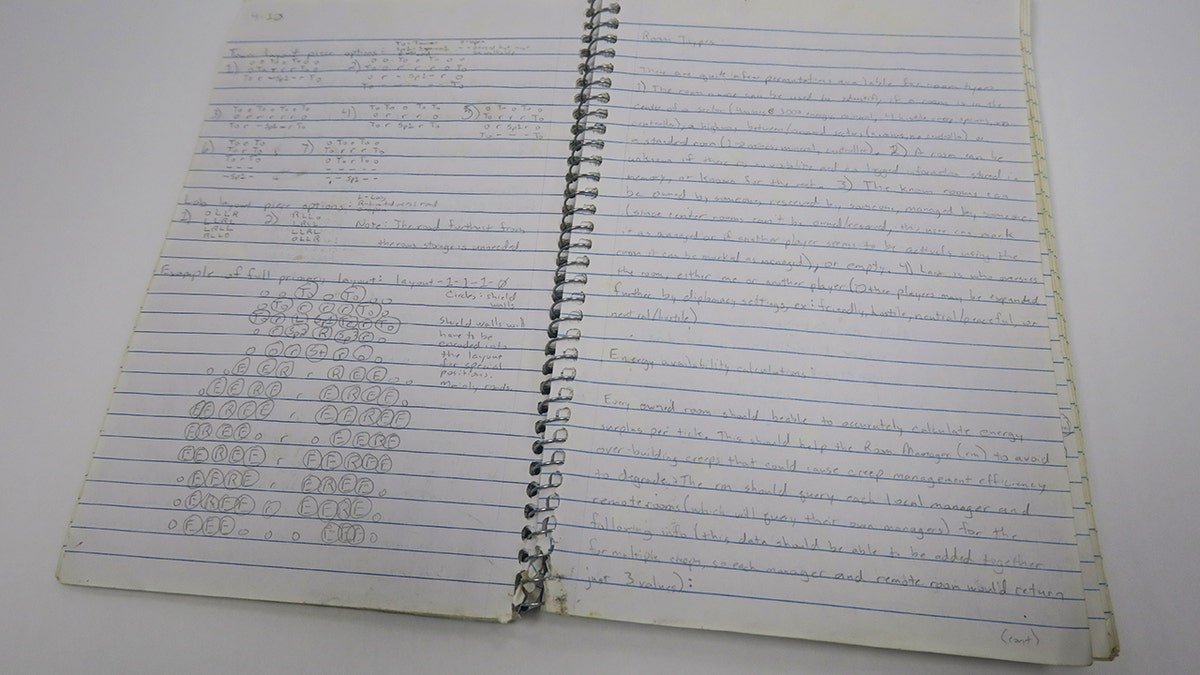
Vance Rodriguez’s notebook, which had scribbles of computer codes, was found near his bed. (Collier County Sheriffs Office)
CLICK HERE TO GET THE FOX NEWS APP
The circumstances surrounding Rodriguez’s final hours still remain a mystery. But, according to the documentary,, it is likely that he may have chosen to starve himself to death. No foul play was suspected.
Since then, Dowell has written a song about his encounter with his band Bombadier. He said the experience has helped him cope with the news that he, along with the rest of the hiking community, had uncovered.
“He dropped everything and just left,” said Dowell. “Didn’t have a cellphone or nothing. And, to me, that was so cool. … Sometimes there’s room for forgiveness. Sometimes there isn’t. I’m still trying to figure it out.”
“They Called Him Mostly Harmless” is available for streaming on MAX.
